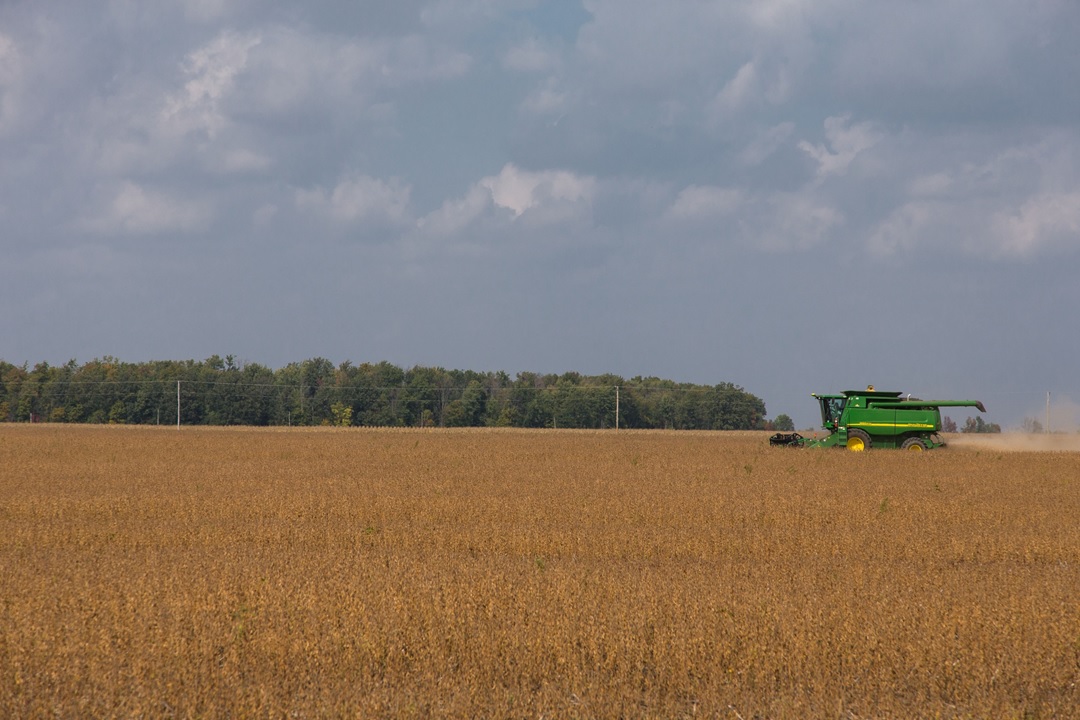
As markets and contracts grow, see if high oleic is right for you
As you map out your soybean acres for 2017, the soy checkoff is your resource for tools to help with your seed decisions. High oleic varieties are an option in several states, and now is the time to find out if high oleic soybean contracts are available from your local processors.
At soyinnovation.com, you can compare commodity soybeans with high oleic varieties and decide what’s right for you. Farmers in 11 states are growing high oleic varieties this year, and they’re looking forward to good yields and convenient delivery. Will your farm be next?
New delivery locations will be added for the 2017 growing season, which could be your opportunity to meet customer demand and keep your bottom line healthy. Processors offer a premium for high oleic soybeans because restaurants, bakeries and industrial users are willing to pay more for the higher-quality oil they provide. By 2023, the soybean industry projects that processors throughout the U.S. soybean-growing region will handle high oleic soybeans.
Pennsylvania farmer Bill Beam is preparing to harvest his third high oleic crop, and he recommends the varieties to his neighbors.
“When I first tried high oleic soybeans, I had heard they were a good opportunity, but I wanted to test their performance,” says the checkoff farmer-leader. “They’re bred with the same performance and agronomic packages as top-performing varieties, and they lived up to their reputation.”
Beam also wondered about delivery, but most contract programs offer flexible delivery options to contracted farmers.
Click here to see more...